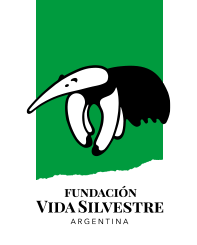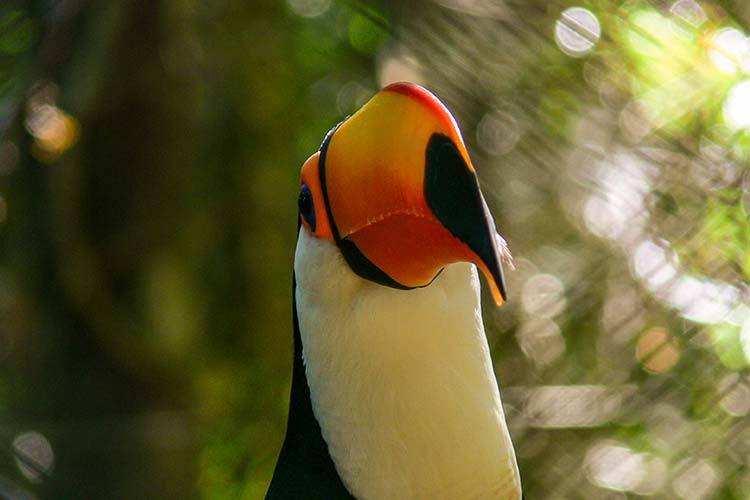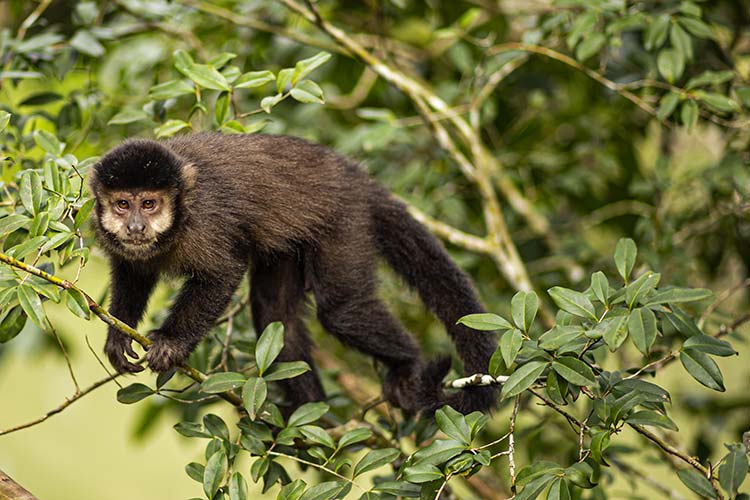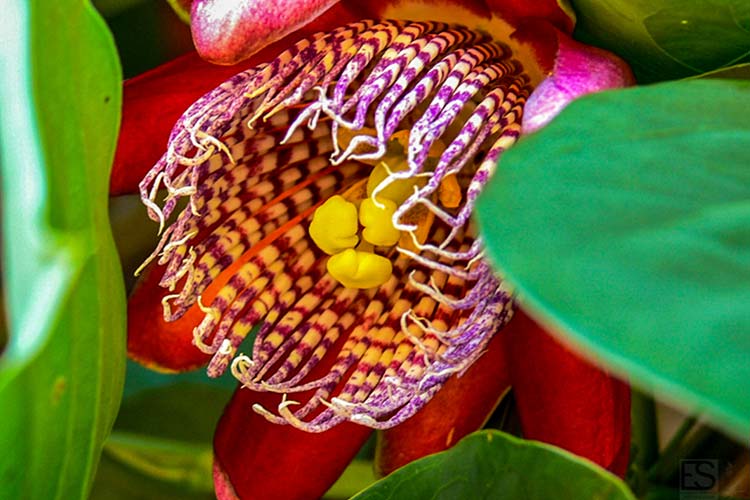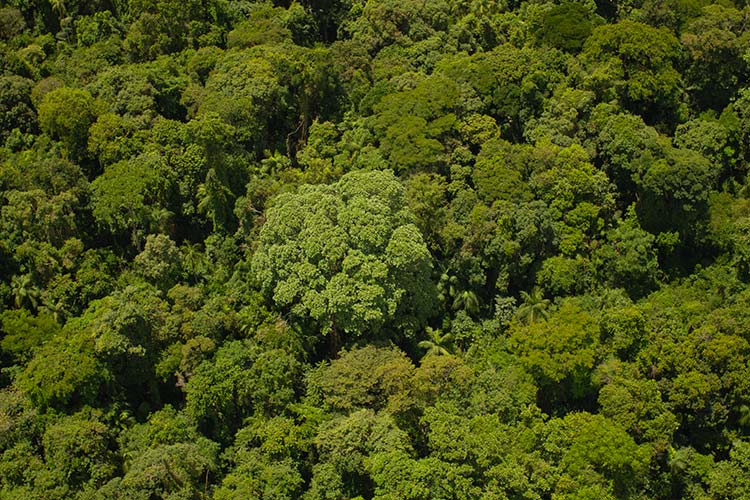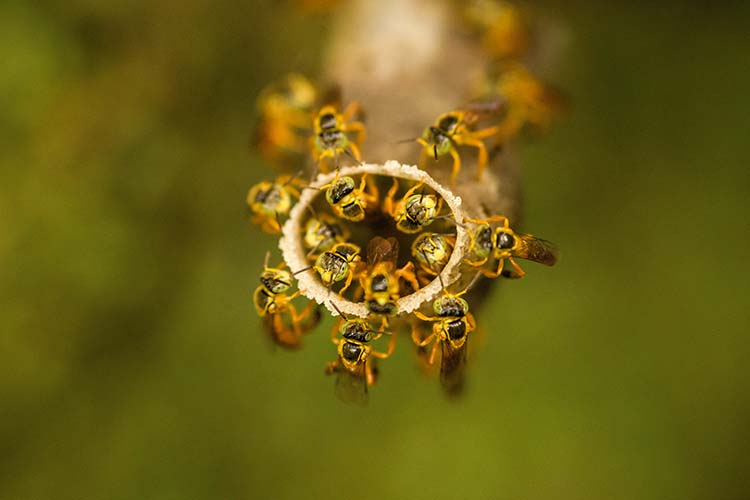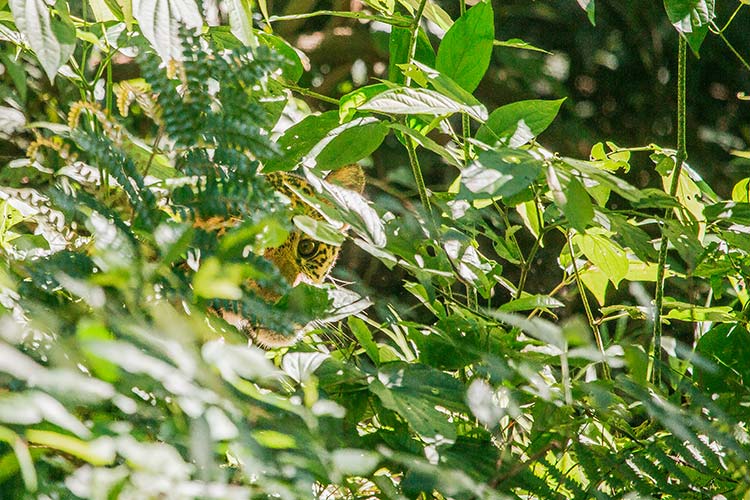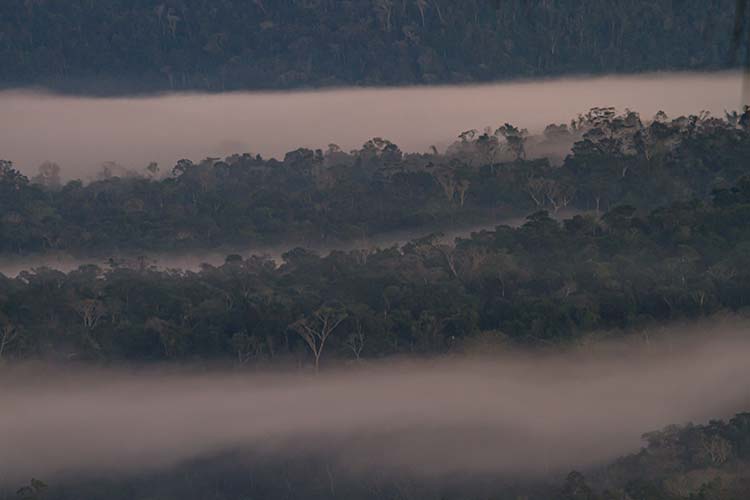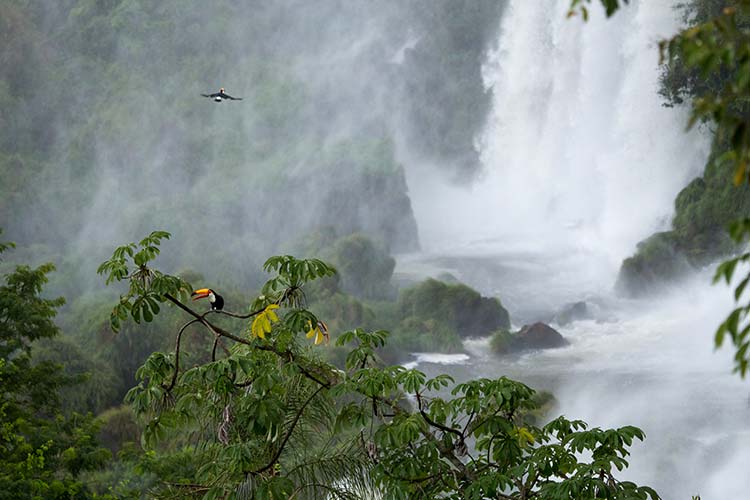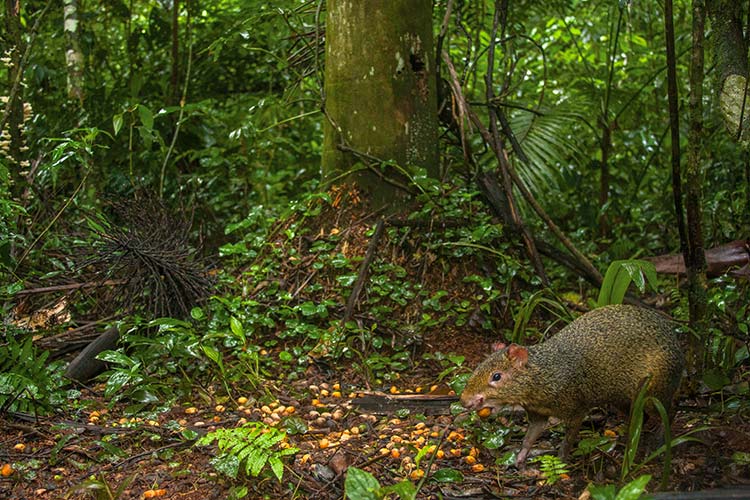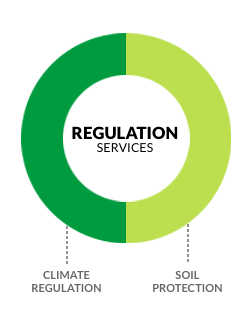© Emilio White
The Atlantic Forest of South America is one of the most impressive places on Earth.
Its broad biodiversity and ecosystem services it provides, makes it a priority area for conservation. It is home to unique plant and animal species, and its forests are vital for climate change mitigation, water regulation, as well as food and economic livelihoods of people living in the region.
One of the 8 most hottest hotspots for conservation priorities
(Myers et al., 2000)
One of the 200 Priority Eco-regions for Global Conservation
(Olson and Dinerstein, 2002)
One of the World’s 10 most threatened forest hotspots
(Conservation International, 2011)
One of the World’s 11 major deforestation fronts
(by WWF, 2015)
Biodiversity
The Atlantic Forest has an extraordinary diversity of species, many of which are endemic, that is, found only here and nowhere else in the world.
Despite the loss of most of its original forest, most species, including large mammals and birds, are still present in the Atlantic Forest, demonstrating the remarkable resilience of its fauna in the face of numerous threats.
It is home to the southernmost population of jaguars, the biggest cat of Latin America.
Species diversity
species of trees and shrubs
(8,000 endemic)
vertebrate species
(30% endemic)
species of mammals
(90 endemic)
primate species
(80% endemic)
bird species
(200 endemics)
species of amphibians
(286 endemic)
reptile species
(94 endemic)
species of freshwater fish
(133 endemic)
palm species
(64% endemic)
species of euglossini bees
species of bromeliads
(70% endemic)
© Emilio White
Jaguars
Jaguars, locally named as “yaguareté”, are the largest feline and predator of the American continent, which is why it is considered an umbrella species, since its conservation and its habitat indirectly protect other species of flora and fauna.
Currently, there are an estimated 250 jaguars in various regions of Argentina. However, just under half lives in the Misiones rainforest, which is the Argentinean portion of the Atlantic Forest. In this region, a population of approximately 90 jaguars is maintained.
Jaguars, in order to live, require large extensions of forest in a good state of conservation (10,000 hectares per cat). For this reason, it is considered an “indicator species”, since its presence in the forest is an indicator of the good health of the environment. On the other hand, its absence is a sign of imbalance in the environment.
Ecosystem services
The Atlantic Forest provides vital ecosystem services that directly support the livelihoods of all people living in the ecoregion, and also indirectly benefit the global human population.
